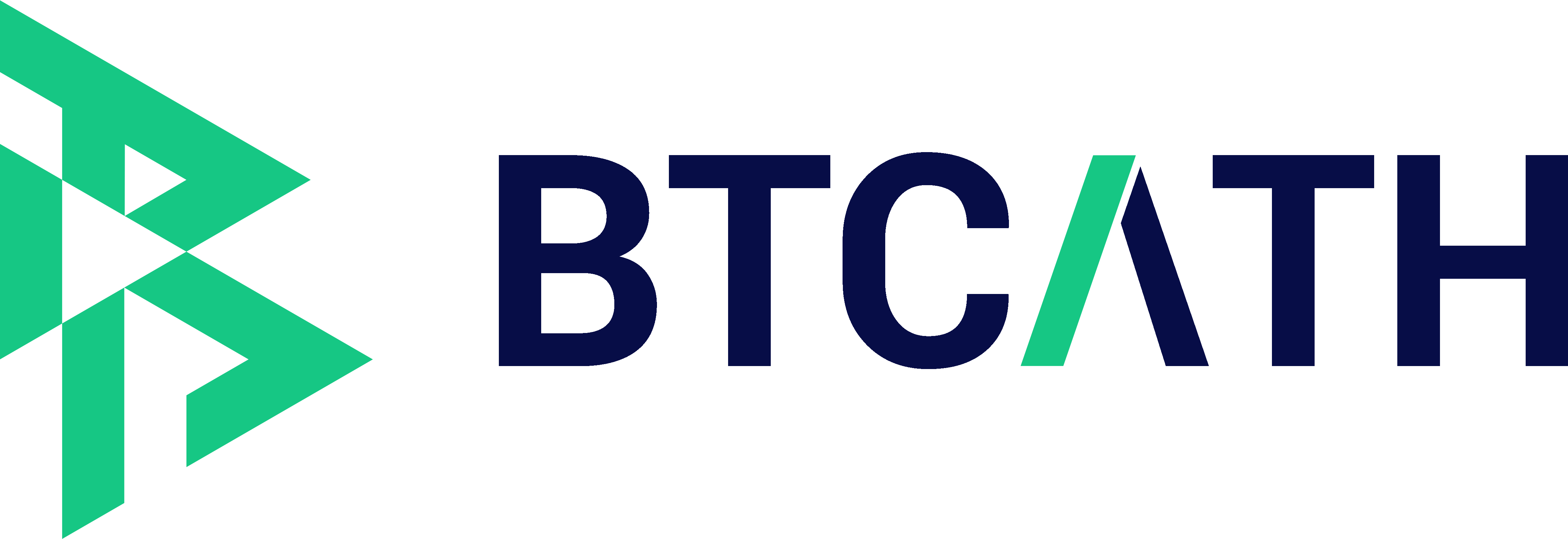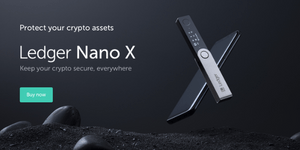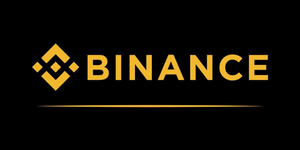Check out our comprehensive cryptocurrency glossary to help you to understand the basics of Bitcoin, blockchain & cryptocurrencies.
On a Decentralized Exchange (DEX), users can trade digital assets such as cryptocurrencies cheaply and peer-to-peer without central intermediaries. The abbreviation DEX is also frequently used. Decentralized exchanges can be located in the context of DeFi projects. See also: Decentralized Finance (DeFi), Blockchain Explorer.
In the context of cryptocurrencies, the term Non-Custodial Wallet refers to wallets where only the creator retains control over their crypto assets, as only they are in possession and control of the private keys. Examples of a Non-Custodial Wallet include paper wallets or hardware wallets. See also Wallet, Blockchain Explorer.
In the context of a blockchain network, a Unconfirmed Transaction, as opposed to a confirmed transaction, refers to transactions that have not yet been finalized. It is therefore a transaction status that indicates that not all network confirmation stages required to confirm a transaction have been completed. See also: Blockchain, Blockchain Explorer.
The term digital asset refers to all assets that exist digitally. Thus, all cryptocurrencies such as Bitcoin are digital assets. But even initially physical assets such as artworks can be digitally mapped or tokenized. Consequently, digital collectables are also digital assets. See also: Blockchain, Altcoin, Decentralized Finance (DeFi).
An exchange may delist crypto assets if the criteria set by the exchange for listing are no longer met. This process is called Delisting. For example, cryptocurrency assets are often removed from exchanges when there is a lack of regular trading volume, the network is too unstable, or there is evidence of fraudulent behavior. See…
In the crypto context, the initial offering of trading pairs for a particular crypto asset (coin or token) by so-called cryptocurrency exchanges is called a Listing. When new cryptocurrencies are listed on well-known exchanges such as Binance, Coinbase or Kraken, this can be an indicator for the credibility of that particular asset. An exchange can…
In the context of cryptocurrencies, a Memecoin is a coin or token based on an internet meme or viral joke. While some Memecoins may also have real world use cases, the majority of Memecoins are simply based on the underlying meme used as a marketing strategy to promote the particular crypto project. In 2021, the…
Like OpenSea, Rarible is also a one of the biggest platforms to buy and sell NFTs. On Rarible, a variety of different forms of digital collectibles, such as digital art or music, are offered. Similar to Opensea, payments are processed via the blockchain using Ethereum. See also: OpenSea, Decentralized Finance (DeFi).
OpenSea describes itself as “a peer-to-peer marketplace for rare digital items and crypto collectibles”. It’s the world’s first and largest platform for trading NFTs. OpenSea was founded on 20 December 2017 by Devin Finzer and Alex Atallah. See also Non-Fungible Tokens, Rarible.
In the context of traditional financial market, trading volume refers to the sales volume of financial products (number of shares) traded in a given period of time. In the context of cryptocurrency, trading volume means the total number of coins or tokens traded within a specific time window. Here, the value of the traded coins…









